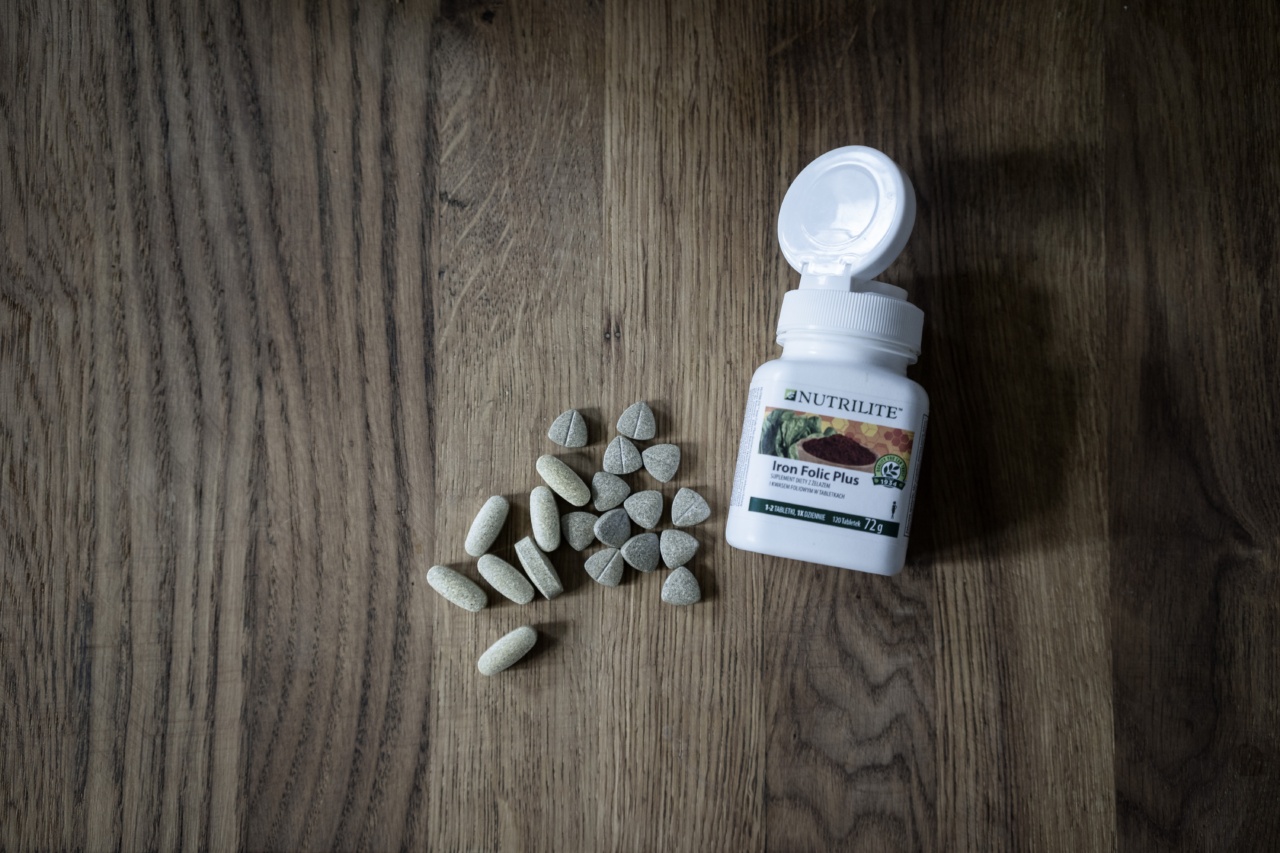Eczema is a common skin condition that affects people of all ages, including infants and young children. It is characterized by dry, itchy, and inflamed skin, often accompanied by redness, rash, and irritation.
As a parent, witnessing your baby suffer from eczema can be distressing and frustrating. However, there are measures you can take to protect your little one from this condition, and one of them is ensuring an adequate intake of essential vitamins.
The Importance of Vitamin D
Vitamin D, also known as the sunshine vitamin, plays a crucial role in maintaining healthy skin. It is produced by our skin when exposed to sunlight and can also be obtained from certain foods such as fatty fish, fortified dairy products, and eggs.
Vitamin D plays a key role in regulating the immune system and reducing inflammation, both of which are essential in preventing and managing eczema.
Several studies have found a link between vitamin D deficiency and the development of eczema in infants and children.
A study published in the Journal of Allergy and Clinical Immunology found that children with low levels of vitamin D were more likely to develop eczema compared to those with optimal levels. Another study conducted by researchers in Japan showed that vitamin D supplementation in pregnant women resulted in a reduced risk of eczema in their offspring.
The Benefits of Vitamin E
Vitamin E is a powerful antioxidant that is widely known for its skin-nourishing properties. It helps to protect the skin from damage caused by free radicals and promotes healthy skin cell growth.
For babies prone to eczema, ensuring an adequate intake of vitamin E can help strengthen their skin barrier, reducing the risk of inflammation and irritation.
You can find vitamin E in various natural food sources such as nuts, seeds, vegetable oils, and leafy green vegetables.
Including these foods in your baby’s diet can provide them with the necessary nutrients to support optimal skin health and prevent eczema flare-ups.
Vitamin C for Skin Health
Vitamin C is not only essential for overall health and immunity but also plays a significant role in maintaining healthy skin. This vitamin helps in the production of collagen, a protein that gives structure to the skin and promotes its elasticity.
It also acts as an antioxidant, protecting the skin against damage from harmful free radicals.
Including vitamin C-rich foods in your baby’s diet can help improve their skin’s resilience and reduce the risk of developing eczema. Some excellent sources of vitamin C include citrus fruits, strawberries, kiwi, broccoli, and bell peppers.
The Power of Vitamin B Complex
The B complex group of vitamins, including vitamins B1, B2, B3, B5, B6, B7, B9, and B12, are essential for various bodily functions, including skin health.
These vitamins play a significant role in maintaining a healthy skin barrier and reducing moisture loss, which can be beneficial for babies with eczema-prone skin.
Food sources rich in vitamin B complex include whole grains, nuts, seeds, legumes, and dark leafy greens.
Including a variety of these foods in your baby’s diet can provide them with the necessary B vitamins to support healthy skin and prevent eczema.
Vitamin A and Skin Protection
Vitamin A is essential for skin health as it promotes cell turnover and helps maintain the skin’s protective barrier. It also has anti-inflammatory properties, which can help alleviate symptoms of eczema.
Some excellent sources of vitamin A include sweet potatoes, carrots, spinach, and liver. Including these foods in your baby’s diet can ensure they receive adequate amounts of vitamin A to support healthy skin.
The Role of Omega-3 Fatty Acids
In addition to vitamins, certain nutrients, such as omega-3 fatty acids, can also play a role in preventing and managing eczema. These healthy fats help reduce inflammation in the body, including the skin, and support overall skin health.
Fatty fish, such as salmon and mackerel, are excellent sources of omega-3 fatty acids. If your baby is ready for solid foods, consider introducing mashed or pureed fish into their diet to provide them with these beneficial nutrients.
Consulting a Pediatrician
While ensuring an adequate intake of vitamins is essential in eczema prevention, it is always wise to consult your baby’s pediatrician before making any significant dietary changes or starting them on a vitamin supplement.
A healthcare professional can guide you on the appropriate dosage and help determine which vitamins or nutrients are most beneficial for your baby’s specific needs.
Conclusion
Protecting your baby from eczema involves a holistic approach, including proper skincare, managing triggers, and ensuring optimal intake of essential vitamins and nutrients.
Vitamins such as vitamin D, vitamin E, vitamin C, vitamin B complex, vitamin A, and omega-3 fatty acids can all contribute to maintaining and promoting healthy skin, reducing the risk of eczema flare-ups. However, it is crucial to consult with a pediatrician before making any dietary changes or starting your baby on any supplements to ensure their safety and effectiveness.































